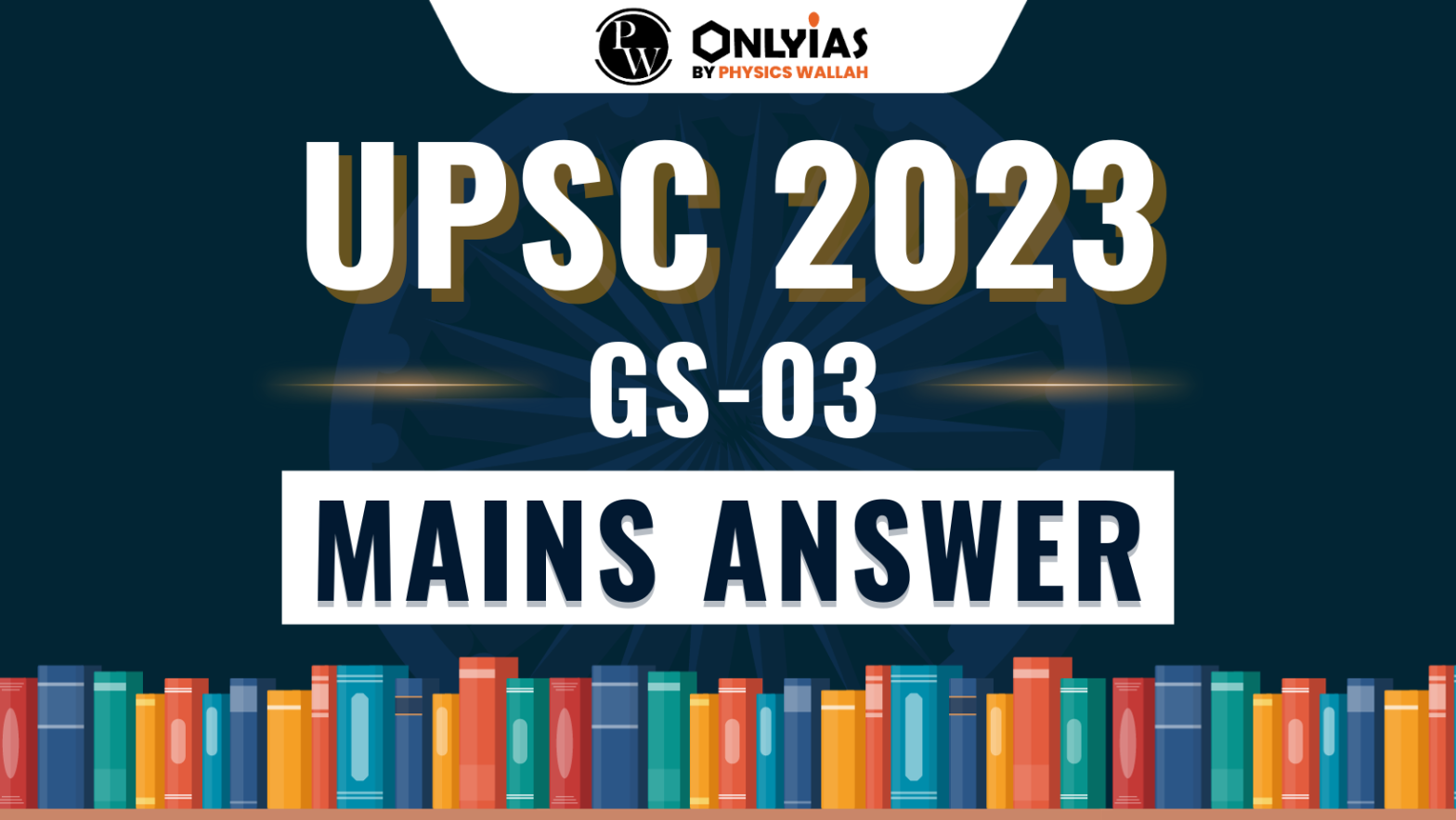Examines Marine Ecosystem Impacts & India's Vulnerability. Explore causes, consequences & challenges for a resource-dependent nation.

Q8. What is oil pollution? What are its impacts on the marine ecosystem? In what way is oil pollution particularly harmful for a country like India?
| How to approach the question
Introduction ● Write about oil pollution briefly Body ● Write about the sources of oil pollution ● Write its impacts on the marine ecosystem ● Write ways in which oil pollution particularly harmful for a country like India ● Write suitable way ahead in this regard Conclusion ● Give appropriate conclusion in this regard |
Introduction
Oil pollution refers to the introduction of oil substances, primarily from anthropogenic activities, into the oceans, where it has detrimental impacts on the marine ecosystem. This type of pollution can come from a variety of sources and causes a range of negative effects, some of which are long-lasting and severe.
Data regarding oil pollution:
Body
Sources of Oil Pollution
Natural Sources:
Anthropogenic Sources:
Impacts on the Marine Ecosystem
Impacts on India
Way Forward
Conclusion
To safeguard its rich marine biodiversity and the health and livelihood of its coastal communities, India must spearhead initiatives to curb oil pollution. The pathway forward should entail a harmonized effort to preserve the marine ecosystem, enhancing India’s resilience against the devastating effects of oil pollution.
| For a Detailed explanation of the UPSC GS-01 Mains question 2023, click here.
For a Detailed explanation of the UPSC GS-02 Mains question 2023, click here. For a Detailed explanation of the UPSC GS-03 Mains question 2023, click here. For a Detailed explanation of the UPSC GS-04 Mains question 2023, click here. |

<div class="new-fform">
</div>